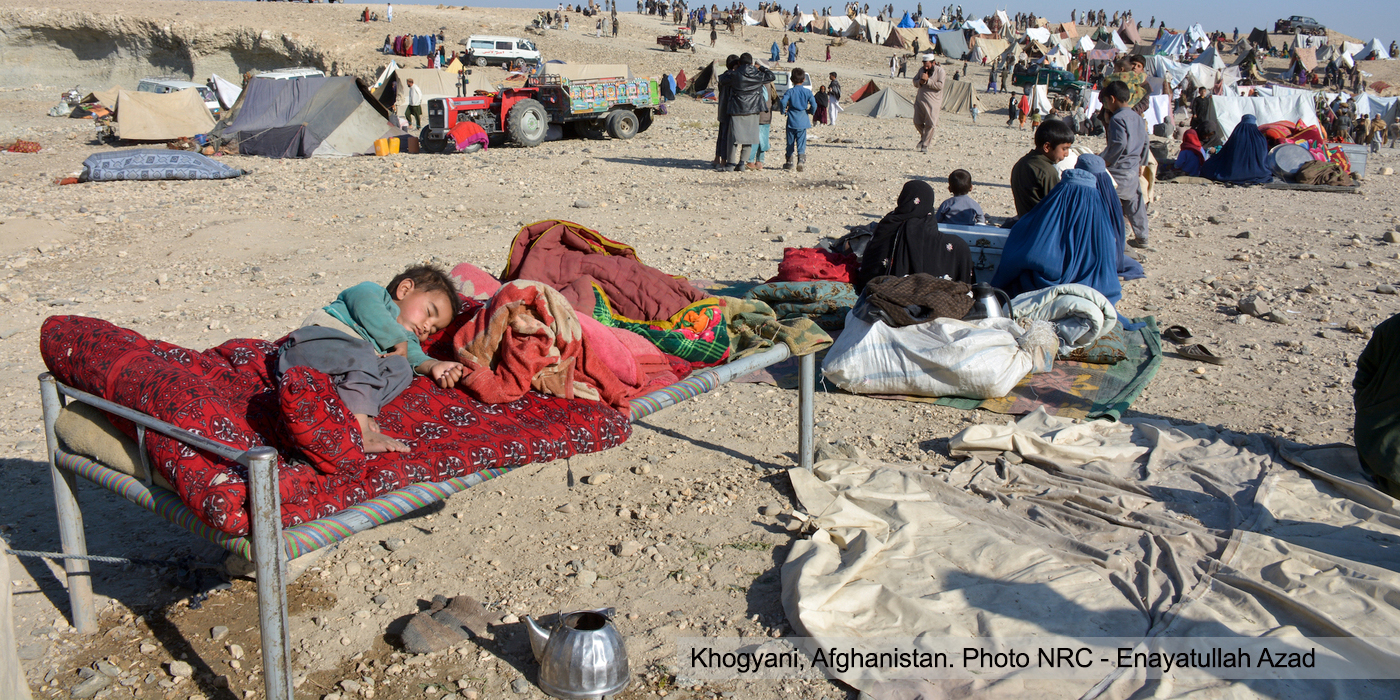
Putting Protection at the Heart of the Peace Process
The first line responders for people in need are NGOs. In 2017, through the support of NGOs alongside other humanitarian actors, over 3.4 million people across Afghanistan received services including emergency education, emergency shelters, food and non-food items, nutrition, water-sanitation-hygiene and protection[5]. Afghanistan is one of the most dangerous places in the world for aid workers[6]. Protracted internal armed conflict and disrespect for the rule of law threaten the safety and lives of aid workers and the communities they work with. Each aid worker killed in the line of duty is one too many. Since January 2017, 17 aid workers have been killed, 32 wounded and 47 kidnapped in Afghanistan[7]. Safeguarding the operating space of NGOs not only means protecting aid workers, it ensures that the population receives the assistance they are entitled to.
As the Government of Afghanistan and its international partners meet in Kabul to discuss the peace process, better protection for all civilians should be considered as a high priority by all parties in the discussions.
The Government of Afghanistan and its international partners must commit to:
- Taking concrete steps to end impunity for violations of International Humanitarian Law and International Human Rights Law. All violations should be systematically investigated by an independent and permanent professional body and punished by the relevant court and administrative structure.
- Safeguarding civilian premises such as schools and health facilities. The Government of Afghanistan must forbid ANSF operations such as raids, searches and checkpoints in and around these premises as well as military and political appropriation of the facilities.
- Ensure full implementation of the recently endorsed National Policy on Civilian Casualty Prevention and Mitigation policy. Guarantee that civilians who wish to flee areas of active conflict may do so freely and safely and avoid causing unnecessary damage to civilian homes and infrastructure.
- Respect for the core principles of humanitarian actors. Allow humanitarian workers to safely access civilian populations affected by conflict and make a clear commitment to non-inference from authorities in the delivery of humanitarian assistance – especially at a local level.
All parties to the conflict should respect the International Humanitarian Principles of Humanity, Neutrality, Impartiality and Independence. Life-saving humanitarian assistance is a neutral act under International Humanitarian Law.
Humanity: Human suffering must be addressed wherever it is found. The purpose of humanitarian action is to protect life and health and ensure respect for human beings.
Neutrality: Humanitarian actors must not take sides in hostilities or engage at any time in controversies of a political, racial, religious or ideological nature.
Impartiality: Humanitarian action must be carried out on the basis of need alone, giving priority to the most urgent cases of distress and making no distinctions on the basis of nationality, race, gender, religious belief, class or political opinions.
Independence: Humanitarian action must be autonomous from the political, economic, military or other objectives that any actor may hold with regard to areas where humanitarian action is being implemented.
ACBAR - the Agency Coordinating Body for Afghan Relief & Development - is an Afghan independent body bringing together 143 national and international NGOs working in Afghanistan and abiding by the NGO Code of Conduct which promotes transparency, accountability and the principle of Do No Harm.
[1] “Afghanistan: Protection of Civilians in Armed Conflict, Annual Report 2017”, UNAMA, 2018.
[2] Idem.
[3] “Afghanistan Conflict Displacements 2017 ”, OCHA, 2018.
[4] “Afghanistan: Humanitarian Response Plan, 208-2021”, OCHA, 2018.
[5] Idem.
[6] Afghanistan has the most incidents related to violence and aid workers worldwide. AidWorkersSecurity.org
[7] Idem, Attack NGOs Jalalabad 24 January 2018.

